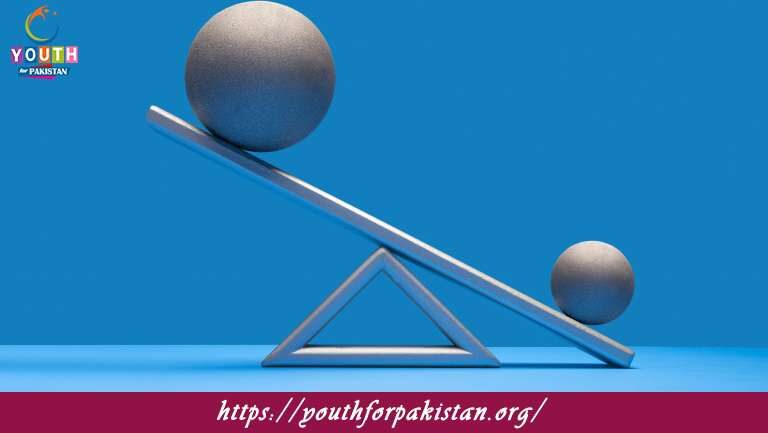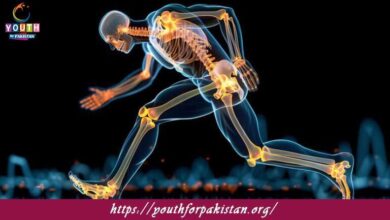10th Class Biology Chapter 11 Quiz with Answers

“10th Class Biology Chapter 11 Quiz: Homeostasis” discusses the vital biological process by which an organism maintains a stable internal environment despite changes in the external environment. This is a very fundamental concept for MDCAT students, especially when studying the body’s regulatory systems—a very important part of medical and dental exams. Our MDCAT Quiz for this chapter is tailored to test and reinforce the students’ knowledge of homeostasis and its importance in biological systems.
The chapter first defines homeostasis and describes how it enables organisms to regulate key physiological variables, such as body temperature, blood pH, and water balance. Students will learn about the feedback mechanisms that control homeostasis: negative feedback counteracts changes, whereas positive feedback amplifies them. Using the human body as an example, the chapter shows how organs such as the kidneys, liver, and hypothalamus work together to maintain balance. For example, the kidneys control water balance and excrete waste products, while the hypothalamus controls body temperature by triggering mechanisms such as sweating and shivering. The chapter also touches on endocrine regulation, where hormones play a major role in controlling various processes such as metabolism and growth.
MDCAT Quiz: Test Your Knowledge of Homeostasis
In continuation, our MDCAT Quiz for Chapter 11 challenges students with questions on homeostasis, the role of organs, and hormones associated with it, and the conditions that result due to an imbalance. The quiz should solidify the understanding needed by students on homeostasis working within the human body and other living organisms, such that they might be well-equipped to handle related questions in an MDCAT test.
- Test Name: 10th Class Biology Chapter 11 Quiz
- Type: Quiz Test
- Total Questions: 30
- Total Marks: 30
- Time: 30 minutes
Note: Answer of the questions will change randomly each time you start the test, once you are finished, click the View Results button.
Free Flashcards for Homeostasis
Reinforce your learning with these free flashcards for Chapter 11. The flashcards cover key topics such as negative feedback, positive feedback, temperature regulation, hormonal control, and organ systems involved in homeostasis. Flashcards are useful for rapid review and memorization, therefore great for MDCAT exam preparation.
Which component of the immune system plays a role in homeostasis by recognizing and attacking pathogens?
White blood cells
How does the body maintain fluid balance in response to dehydration?
Increased production of antidiuretic hormone (ADH)
What is the role of parathyroid hormone (PTH) in calcium homeostasis?
Increasing calcium reabsorption from bones
How does the body regulate salt levels in response to low sodium concentration?
Increased aldosterone release to retain sodium
What is the primary function of the spleen in homeostasis?
Filtering and removing old or damaged blood cells
How does the body regulate blood pressure through the baroreceptor reflex?
Increased heart rate and vasoconstriction
How does the body respond to an increase in blood sugar levels?
Release of insulin to facilitate glucose uptake by cells
What is the function of melatonin in the regulation of circadian rhythms?
Regulating sleep-wake cycles
What is the role of erythropoietin in maintaining homeostasis?
Stimulating red blood cell production in the bone marrow
How does the body regulate body temperature in response to cold environments?
Shivering and vasoconstriction
What is the primary function of the endocrine system in homeostasis?
Producing hormones that regulate various body functions
What is the role of glucagon in glucose homeostasis?
Stimulating the release of glucose from the liver
What is the primary function of the lymphatic system in homeostasis?
Draining excess fluid and fighting infections
What is the term for the process of maintaining a constant internal environment despite external changes?
Homeostasis
How does the body respond to a decrease in blood pressure?
Release of renin and activation of the renin-angiotensin-aldosterone system
What is the primary function of the thyroid gland in homeostasis?
Regulating metabolism and energy production
What is the primary role of insulin in glucose homeostasis?
Facilitating the uptake of glucose by cells
How does the body respond to a decrease in blood oxygen levels?
Increase in respiratory rate and depth
Experience the real exam environment with our expertly designed collection of over 25,000 MCQs MDCAT Mock Tests.




